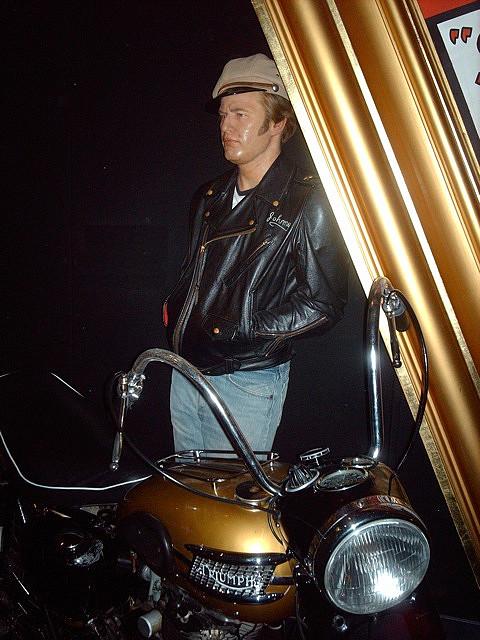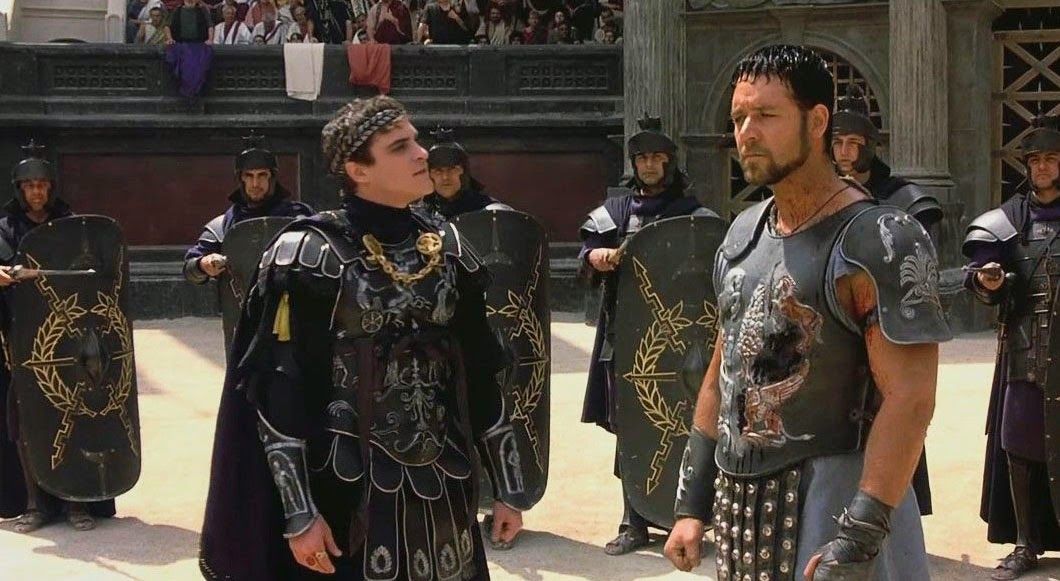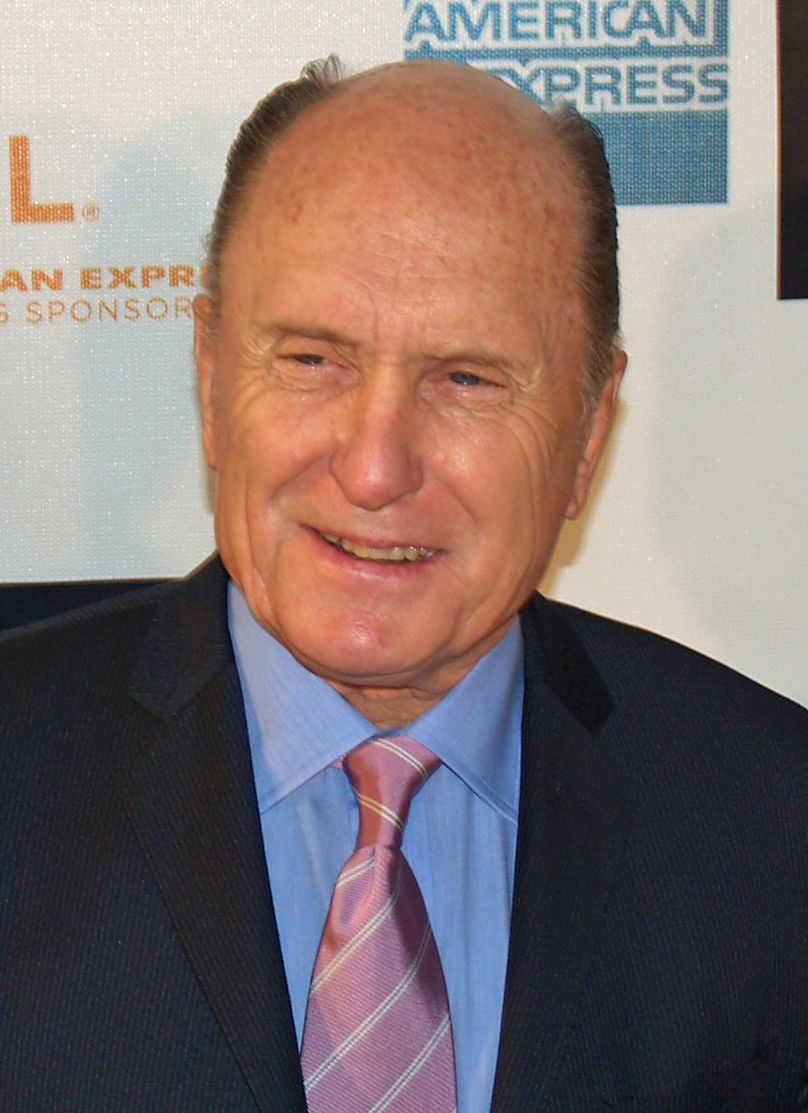
Strap yourselves in, film enthusiasts, as we embark on a cinematic odyssey through the illustrious career of the perpetually charismatic Robert Duvall! This is an actor who has undeniably secured his position among Hollywood legends, celebrated for his mesmerizing performances and a career spanning over six decades. With a chameleonic aptitude for seamlessly assuming any role, he is a veritable treasure trove of surprises—one never knows what to anticipate. Thus, are you prepared to delve into the labyrinthine depths of Duvall’s filmography? We most certainly are!
It is easy to overlook Robert Duvall’s contributions, given his remarkable longevity and unwavering consistency. While numerous contemporaries may have succumbed to flamboyant clichés, Duvall has consistently maintained a standard of understated yet profound performances throughout his illustrious career. He has honed the skill of delivering an incisive gaze, conveying profound emotions that seldom surface, thereby establishing himself as one of the most underrated yet exceptional actors of his era.
As audiences explore the finest Robert Duvall films, they will witness a demonstration of the actor’s extraordinary talent, technique, and capacity to enhance any cinematic work. His filmography elucidates how he captivates audiences in every role, be it through gritty realism or subtle nuances, enabling viewers to fully grasp the essence of his characters. Each film stands as a testament to Duvall’s ability to deliver outstanding performances, frequently commandeering the spotlight and amplifying the overall impact of the movie. Let us delve into some of his most unforgettable cinematic portrayals!
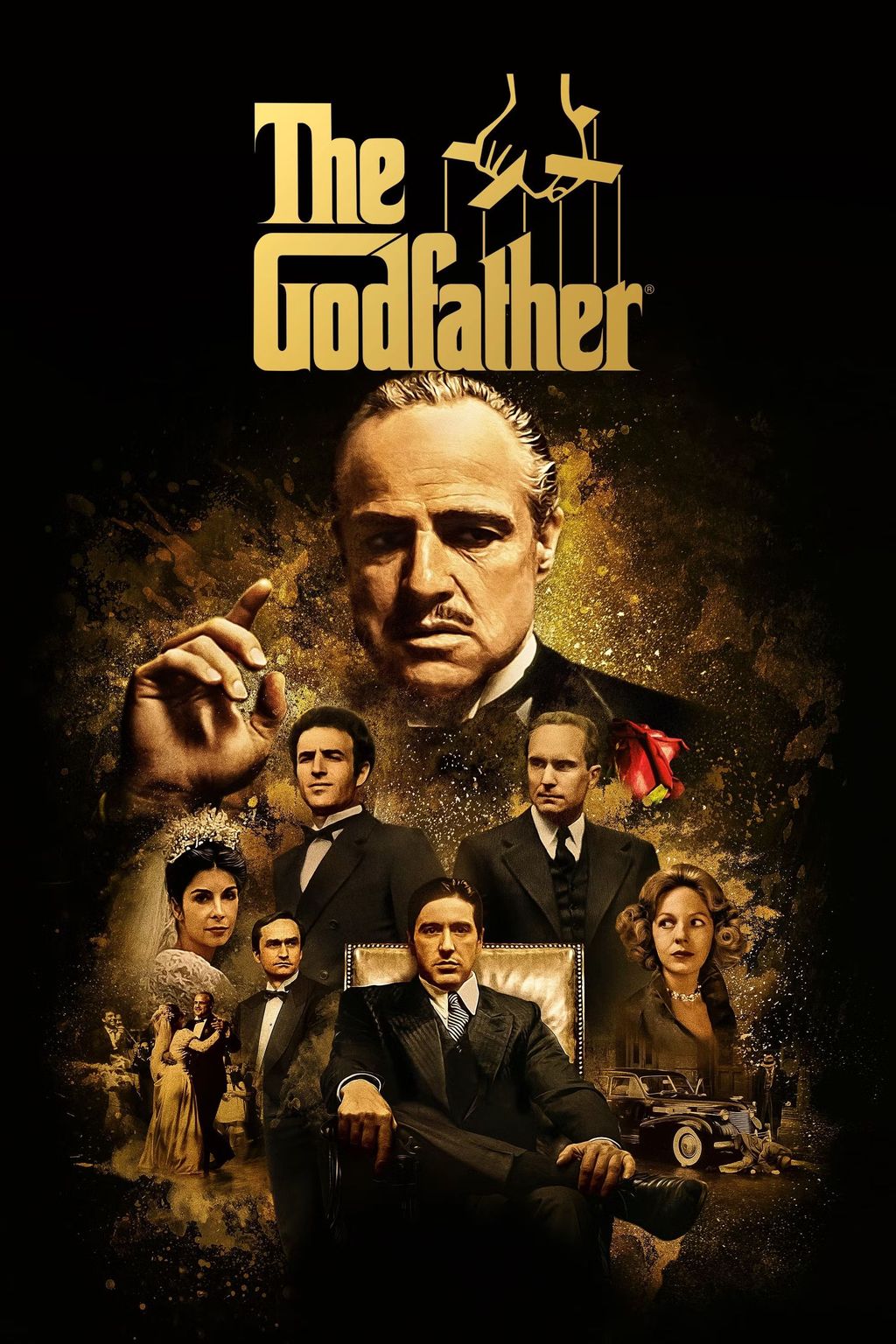
1. **The Godfather (1972)** When we discuss Robert Duvall, it is almost impossible not to commence with “The Godfather.” In Francis Ford Coppola’s epic about a transitional period in the Corleone crime family, Duvall breathed life into Tom Hagen, the trusted advisor and consigliere. Despite his Irish-German heritage, which might seem out of place, Hagen served as the very core and intellect of the family, embodying a moral compass even within the shadowy corridors of power.
His performance displayed profound humanity amidst the prominent personalities surrounding him, from the anguish he experienced over Vito’s shooting to his confrontations with the hot-headed Sonny. Duvall reminded viewers of the genuine stakes of the family’s power, whether politely excusing himself from a movie producer’s home or gazing with hurt at a betrayal by his brother Michael. It was this inner essence, coupled with Hagen’s astute nature, that Duvall tapped into, transforming what could have been a forgettable character into a vital component for the film’s success.
“The Godfather” established Duvall as a formidable presence on the screen, portraying the stoic and cunning consigliere with remarkable depth. This role marked a significant turning point in his career, confirming his status as a talented and versatile performer. It is a performance that truly stands the test of time, demonstrating his ability to imbue his characters with complexity and nuance right from the outset.
Read more about: 16 Movie Co-Stars Whose On-Screen Chemistry Led to Real-Life Romance
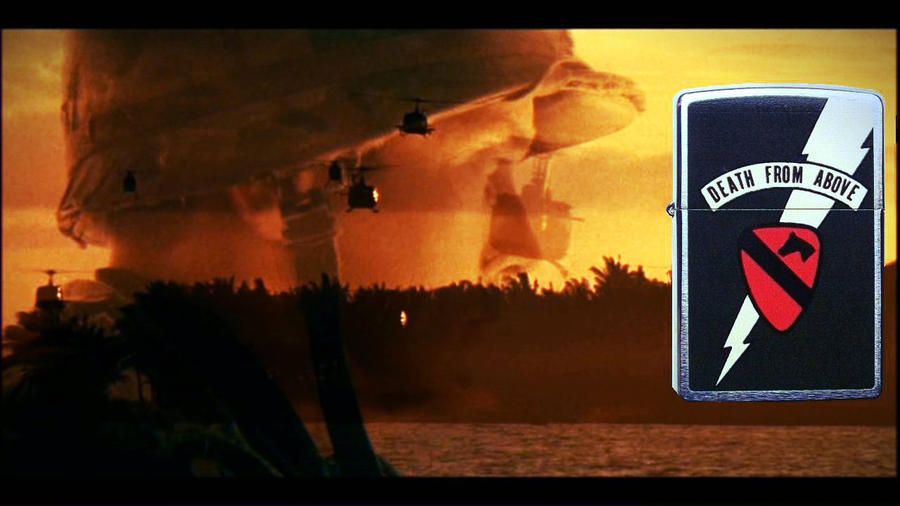
2. **Apocalypse Now (1979)** Even if the name Robert Duvall does not immediately resonate with some individuals, his most renowned line from “Apocalypse Now” almost certainly does: “I love the smell of napalm in the morning.” Yet, as emblematic as that declaration is, it is what ensues immediately thereafter that truly exhibits Duvall’s profound talents as Lieutenant Colonel Bill Kilgore. His narrative about a successful napalm assault, culminating with “Smells like… victory,” is succeeded by a chilling pause, as perverse nostalgia yields to profound despair in his eyes.
This rendition subdues the eccentricities of an absurd and destructive war, compelling us to confront the genuine cost of battle: the human beings whose minds and bodies are shattered in the conflict. Duvall’s depiction imbues the film with captivating depth and charisma, perfectly encapsulating the intricate nature of war and its impact on soldiers. He embodies the eccentric and fearless military officer with a lasting impression that few actors can attain.
Matt’s Movie Reviews.net even ranks this as his paramount and most iconic performance, befitting an actor who transmutes any role into gold, regardless of its magnitude. From the outset, Duvall dominates the scene, resonating on multiple levels—frightening, humorous, awe-inspiring, sympathetic, and conflicting. His “Duvall-esque” demeanor concludes the monologue with a bitter, introspective reflection, proving that even with top billing elsewhere, “Apocalypse Now” was undeniably Duvall’s film.
Read more about: Joe Caroff, The Visionary Designer Behind James Bond’s Iconic 007 Logo and More, Dies at 103
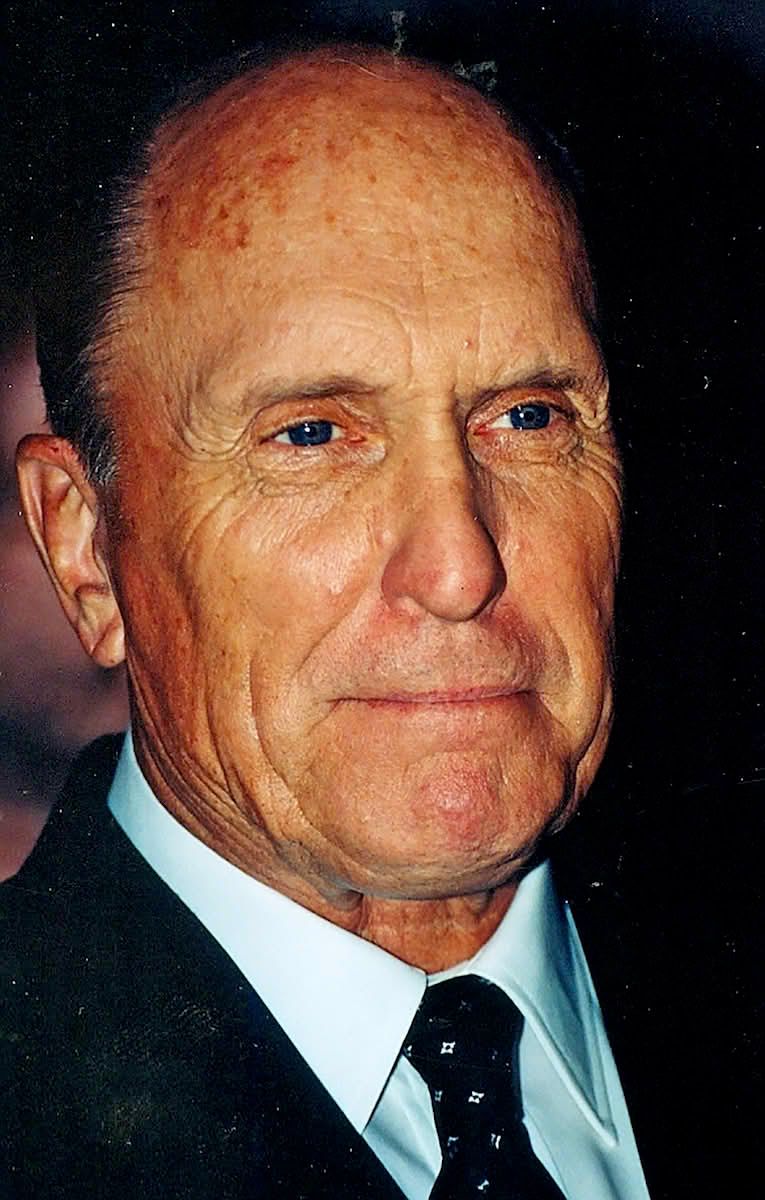
3. **The Apostle (1997)** “The Apostle” constitutes a distinctive addition to Duvall’s filmography, not solely due to his captivating portrayal of Preacher Sonny Dewey but also because he assumed the roles of writer, director, and leading actor. Hollywood frequently exhibits a penchant for stories concerning hypocritical preachers; however, Duvall had no inclination to demonize Sonny, even when the character interrupted his child’s little – league game to assault and slay the man having an affair with his wife. Instead, Duvall delved profoundly, exploring the humanity of a troubled yet devout man who endeavors and frequently falls short of living up to his beliefs.
This film stands as an artistic achievement for Duvall, both in his capacity as a filmmaker and as an actor. After years of narrow – minded studios rejecting the script he had penned back in the 1970s, Duvall undertook to finance it himself. This unwavering commitment to the project is evident in every frame, creating a truly personal and impactful cinematic experience.
His depiction of a preacher on the run from the law is imbued with a contagious passion that radiates brightly and powerfully, earning him widespread acclaim. It serves as a testament to his steadfast commitment and boundless passion for the art of filmmaking, demonstrating his remarkable proficiency in bringing such a complex character to the screen with empathy and authenticity.
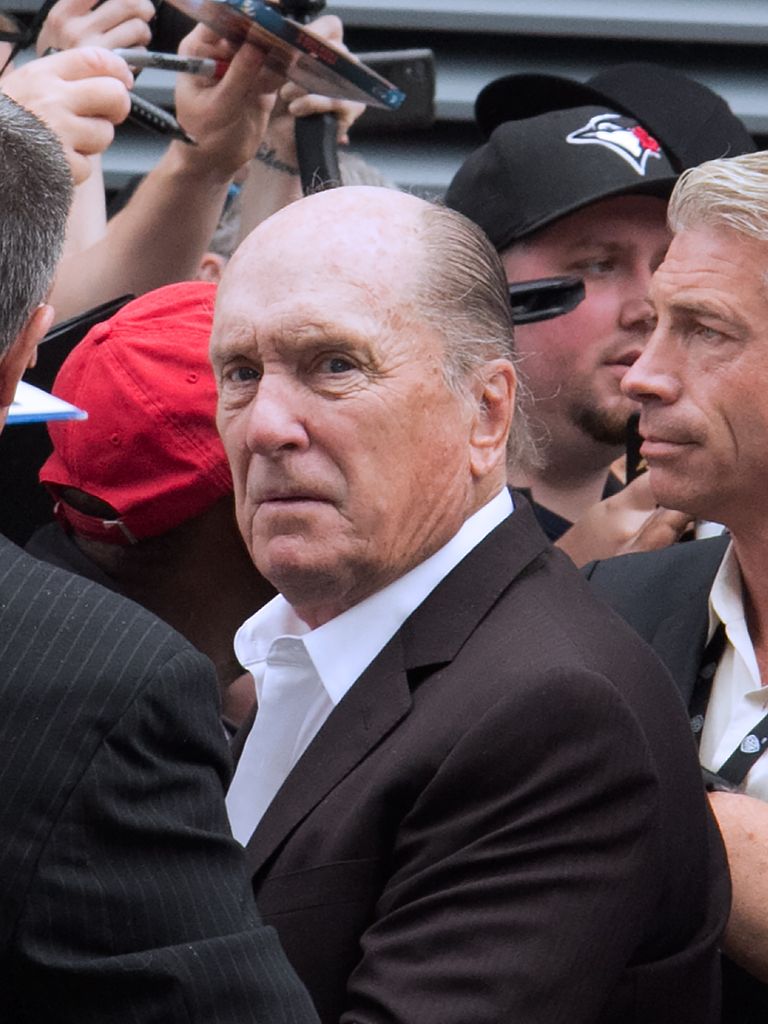
4. **Tender Mercies (1983)** In “Tender Mercies,” Robert Duvall presented a sensitive and nuanced performance in the role of the washed – up country singer Mac Sledge, a role for which he was famously awarded an Academy Award. This understated drama concerning the decline and resurgence of a country singer exudes an unexpectedly tense atmosphere, largely owing to Duvall’s masterful restraint in depicting even significant emotional moments. He meticulously handles Mac’s romantic relationship with the widowed single mother Rosa Lee, declining to guide the film towards sentimentality.
Director Bruce Beresford may have aimed to intensify the emotions, yet Duvall’s understated method, even during meetings with his ex – wife and estranged daughter, anchors the film in unvarnished realism. Collectively, the creative team crafted a remarkably touching film, one that genuinely deserves its redemption narrative and accords due significance to the struggles of its main characters. This performance represented a notable departure from his more volatile characters, demonstrating his versatility.
Essentially embodying a man “reborn” into a new life, Duvall moves the audience deeply as he guides his character through the challenges of sobriety, the agony of regret, and the love of a new family. It is perhaps Duvall at his most understated, and in keeping with the film’s title, his most tender. And indeed, for all those with inquiring minds, he can genuinely sing in tune, adding another dimension of authenticity to this unforgettable portrayal.
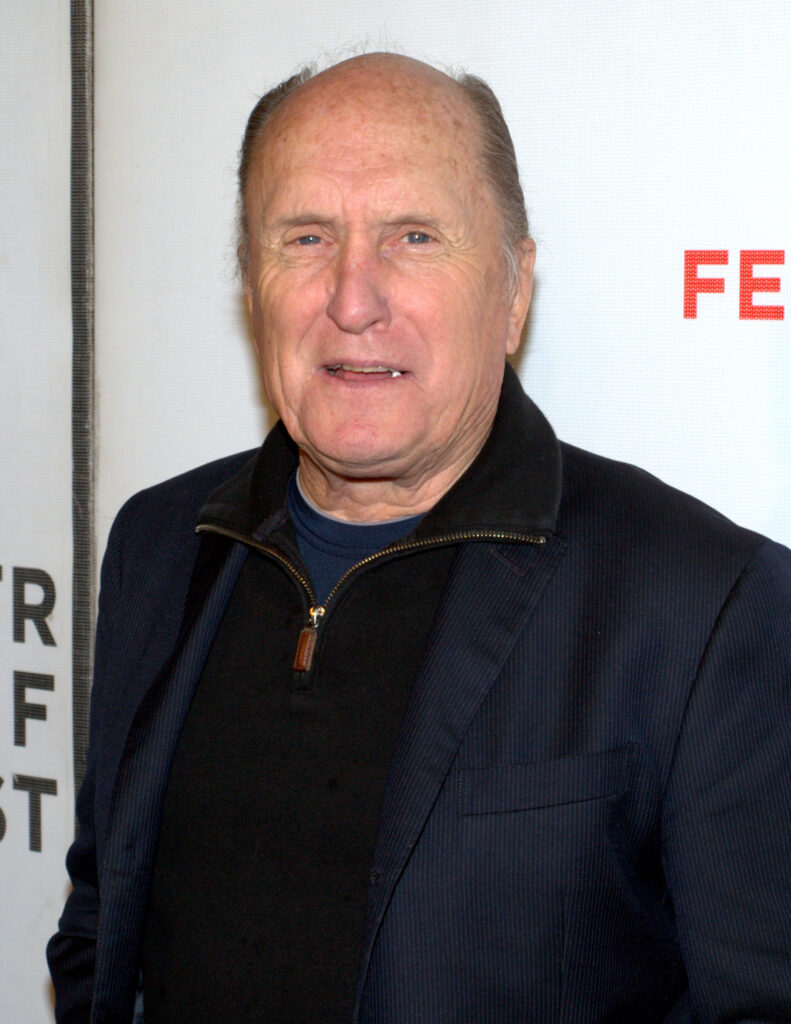
5. **The Great Santini (1979)** In the same year that he captivated audiences with his portrayal of Colonel Kilgore in “Apocalypse Now,” Robert Duvall presented another monumental performance, taking on the role of a vastly different type of airman: Lieutenant Colonel Bull Meechum, affectionately referred to as “The Great Santini.” This performance secured him a nomination for Best Actor and elevated what was initially intended to be a direct-to-TV production to one of the cinematic highlights of 1979.
Duvall portrays the unyielding Meechum as a figure caught in the limbo between a war hero with no remaining war to fight and a pitiful disciplinarian who vents his frustrations on his son. It is ironic that “The Great Santini” was released in the same year as “Apocalypse Now,” almost as if Kilgore had a family awaiting him at home, engaging in familial battles with the same fervor he exhibited in war.
His performance is frequently cited as one of his most well-rounded renditions, seamlessly integrating his signature rage, swagger, mischievous comedic flair, and overwhelming vulnerability. Director and screenwriter Lewis John Carlino provided Duvall with ample room to excel in what he does best: imbuing a character with depth through just a few gestures and glances, thereby bringing to life the profound respect that author Pat Conroy infused into the novel. This role truly demonstrates Duvall’s capacity to embody immense complexity.
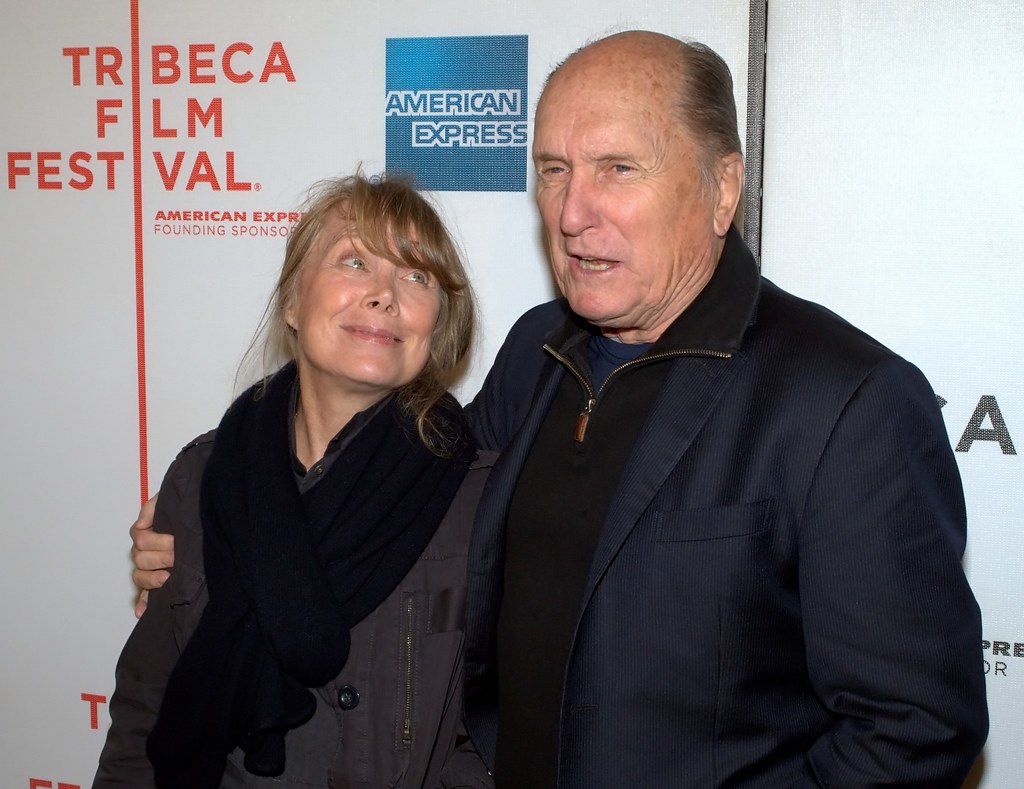
6. **Network (1976)** In the American classic “Network,” renowned for its numerous remarkable performances, Robert Duvall gives a truly ferocious performance as network executive Frank Hackett, a role that perhaps does not receive sufficient recognition. Duvall’s depiction embodies the ruthless and unethical nature on which the television industry frequently operates, creating one of his most formidable characterizations in Hackett.
This character is a corporate bully clad in a suit, capable of ruining you either with a swift stroke of the pen or by throwing a screaming tantrum right in your face. Duvall’s performance imbues the storyline with depth and charisma, demonstrating his uncanny ability to portray morally complex characters with unwavering conviction.
“Network” stands out in his career, highlighting his talent for infusing complexity and nuance into characters that could easily be one-dimensional villains. Hackett is more than just a boss; he is a force of nature, a terrifying embodiment of unchecked corporate power, brought to life with Duvall’s signature intensity and command of the screen.
Read more about: 15 Unforgettable 70s Movie Posters That Perfectly Capture Their Films
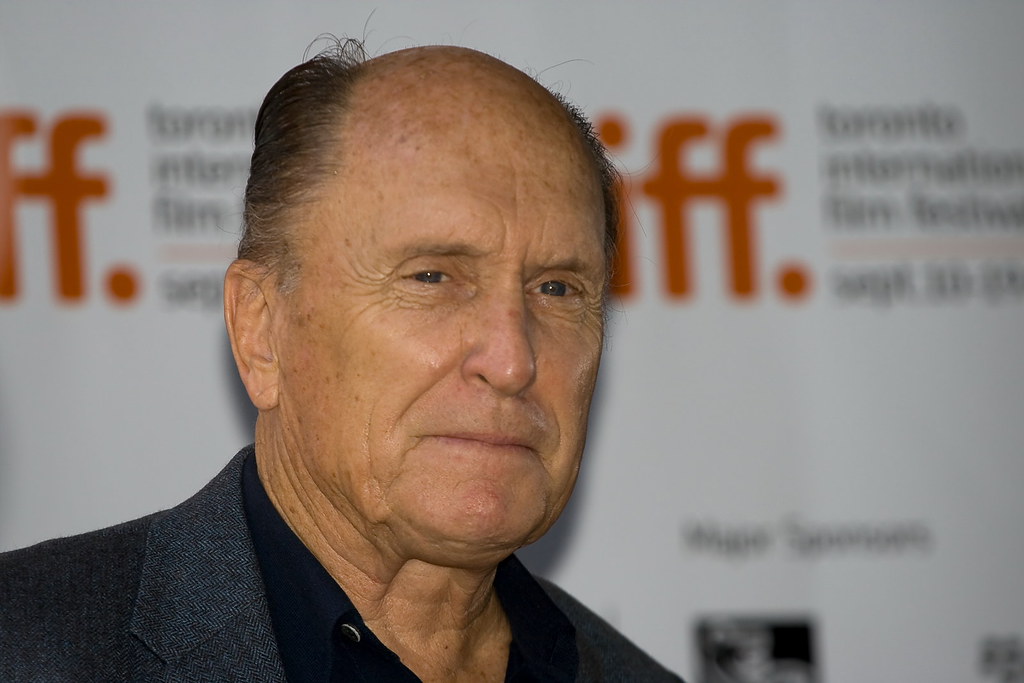
7. **Falling Down (1993)** “Falling Down,” the notorious film directed by Joel Schumacher, might appear to be an unconventional choice for an actor renowned for his nuanced portrayals. Nevertheless, Robert Duvall delivers a stellar performance as Sergeant Martin Prendergast. He assumes the role of the resolute detective entrusted with the mission of tracking down the rampaging middle – class divorcee William Foster. What renders Duvall’s performance so enthralling is his capacity to convey that Prendergast, despite being on the right side of the law, shares many of Foster’s underlying frustrations.
Duvall subtly depicts Prendergast struggling with his overbearing boss, the service workers who fail to show him the respect he believes he is entitled to, and even the presence of immigrants, whom Foster resents. Through Prendergast, screenwriter Ebbe Roe Smith unveils the most chilling aspect of “Falling Down”: not merely that a single bad day can unleash hatred, but that America is teeming with individuals like Foster, including those who are supposed to safeguard us.
His talent for breathing life into nuanced and compelling characters is fully showcased here as he navigates the intricate moral terrain of the film. Duvall’s performance imbues the role with captivating depth and charisma, transforming this part into a poignant and unsettling exploration of the ‘everyman’ on the brink. He anchors the film with a quiet realism, rendering Prendergast profoundly relatable yet unsettlingly complicit in the societal undercurrents that drive Foster’s rampage.
Read more about: Beyond the Screen: 14 Chilling Horror Films You Won’t Believe Are Rooted in Real-Life Terrors
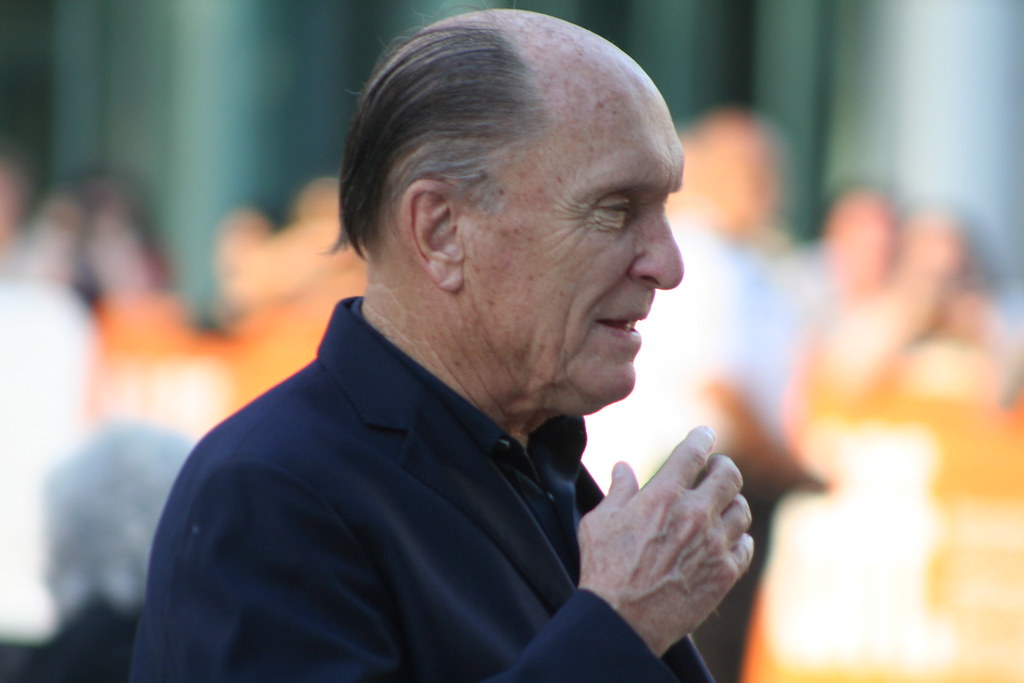
8. **The Natural (1984)** While Robert Redford may have garnered the spotlight with his portrayal of the instinctively gifted ballplayer Roy Hobbs in Barry Levinson’s “The Natural,” it is easy to overlook the pivotal role that Robert Duvall played, even in a relatively minor supporting role. As sportswriter Max Mercy, Duvall was entrusted with the responsibility of recognizing Hobbs’s extraordinary talent upon his return to the sport in middle age, a moment of paramount importance for shaping the audience’s perception of Hobbs’s unique nature.
It serves as a testament to Duvall’s brilliance that he accomplishes this feat without a single witty line or a shouted monologue. Instead, he conveys a wealth of information with just a simple chuckle after witnessing Hobbs hit. With that single laugh, Duvall informs the audience of all they need to know: Hobbs possesses such immense talent that he has left a seasoned sportswriter utterly speechless, effectively solidifying Hobbs’s legendary status within the narrative.
This role, though minor, exemplifies Duvall’s ability to profoundly influence a film’s emotional essence and character interactions through subtle and understated acting. He does not require grand gestures to assert his presence; a quiet reaction from Duvall can convey a great deal, proving once again his extraordinary skill in enhancing any scene he appears in, regardless of the screen time.
Read more about: Beyond the Screen: 14 Chilling Horror Films You Won’t Believe Are Rooted in Real-Life Terrors
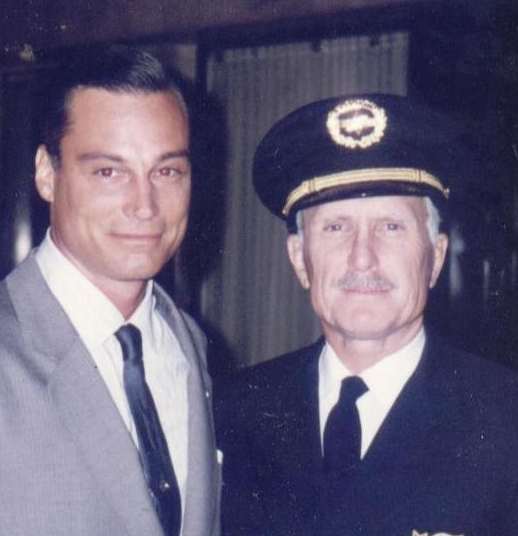
9. **The Conversation (1974)** When one thinks of Francis Ford Coppola’s “The Conversation,” Gene Hackman’s depiction of the paranoid security expert Harry Caul is likely to spring to mind first, and rightly so. Yet, Hackman’s powerful performance derives much of its nuanced impact in relation to Robert Duvall’s role as “the Director.” This is the enigmatic character who hires Caul to record a seemingly innocent conversation between a man and a woman, a conversation that might suggest an unfaithful wife.
Making optimal use of every second of his screen time, Duvall subtly influences the audience’s comprehension of the narrative, disclosing layers of meaning without making a single explicit statement. He skillfully portrays a character who must convincingly appear as either the victim or the perpetrator, manipulating the audience’s perceptions through a series of subtle gestures. His employment of ambiguous glances and significant pauses creates a profound sense of ambiguity and tension, compelling viewers to constantly question his true motives and the nature of the conspiracy unfolding around Caul.
It serves as a masterclass in understated menace and complex characterization, consolidating Duvall’s reputation for taking on roles that are far more profound than they initially appear. He truly demonstrates that a remarkable performance can be delivered with quiet authority, leaving an indelible impression on the film’s psychological landscape.
Read more about: From Star Wars to The Godfather: 15 Iconic Movies of the 1970s
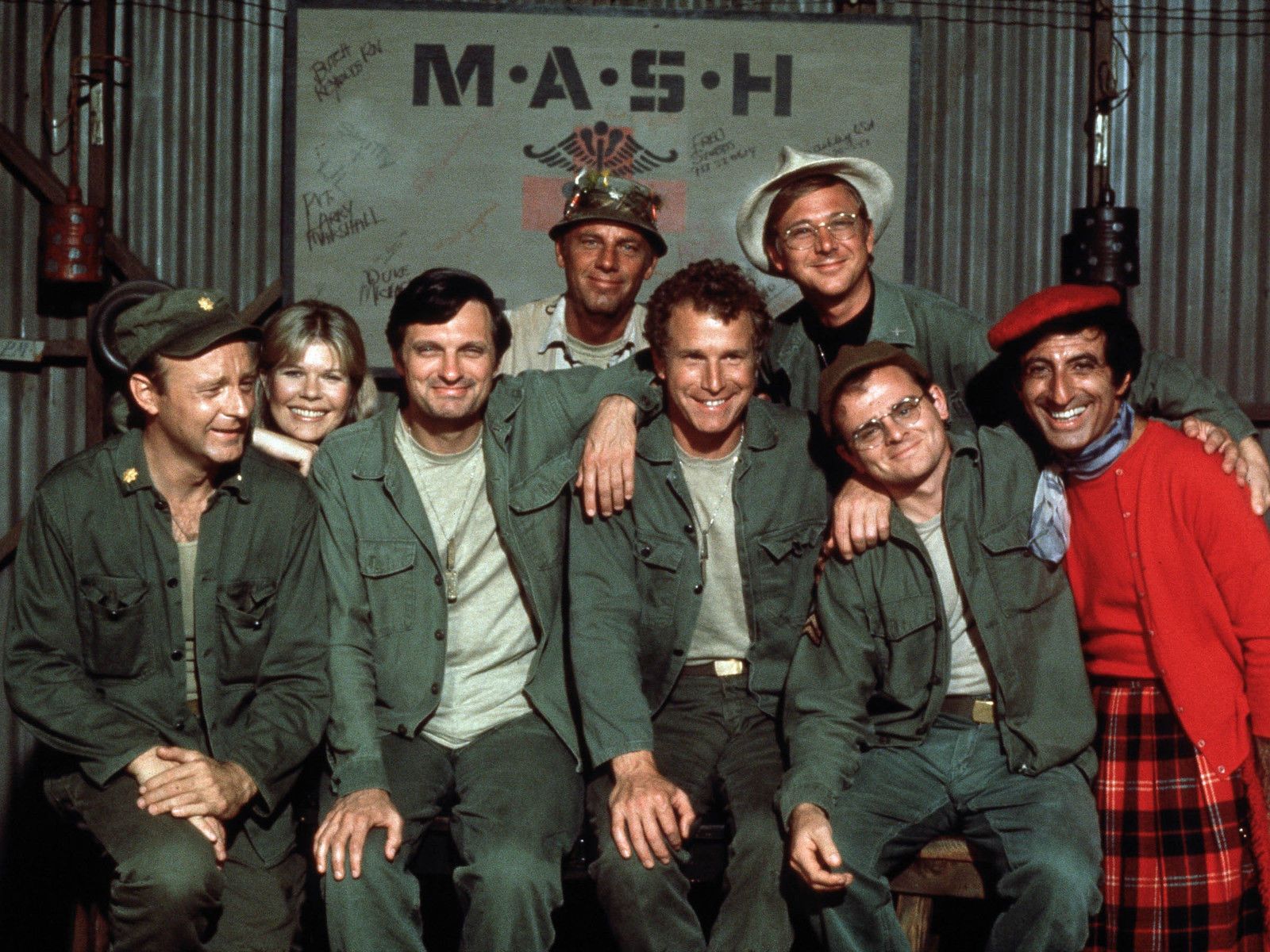
10. **MASH (1970)** In the classic ensemble cast of “MASH,” Robert Duvall once again assumed a seemingly minor role, but as was his custom, he undeniably left his imprint. He depicted the disagreeable, hidebound Major Frank Burns, a character intended to be the antithesis of the rebellious military doctors who are the film’s protagonists. Given the distinct plot function of his role, it would have been effortless for Duvall to simply step back and allow the other actors to dominate.
However, Duvall wholeheartedly dedicated himself to earning the audience’s genuine aversion to Burns. He did not rely on the heroes’ disdain to inform us of our feelings; instead, his performance meticulously constructed a character that was irritating, self-righteous, and utterly contemptible in his own right. His portrayal ensured that Burns was not merely a foil, but a fully fleshed-out, albeit exasperating, individual.
Even more impressively, the infamous glare he cast at the main characters, brimming with self-importance and righteous indignation, ranks among some of the most terrifying and memorable screen moments in cinematic history. It serves as a potent demonstration of how Duvall can take a supporting role and endow it with an unforgettable presence, commanding attention and emotion from the audience.
And thus concludes our in-depth exploration of the extraordinary career of Robert Duvall, a veritable titan of the silver screen. From the quiet sagacity of a country singer seeking redemption to the chilling intensity of a political operative, Duvall’s filmography is not merely a collection of roles; it is a masterclass in the art of acting. He has repeatedly shown us that a performance is not solely about the lines one delivers, but the life one infuses into every glance, every pause, and every subtle shift of emotion.
His capacity to embody characters with such profound humanity, whether they are morally upright or deeply flawed, is what truly distinguishes him. This is why, even after six decades, we are still discussing his films, analyzing his performances, and marveling at his remarkable versatility. Robert Duvall is not merely an actor; he is a cinematic chameleon, leaving an indelible imprint on every story he touches. So, the next time you are perusing your streaming options, perhaps you will select one of these gems and rediscover the magic of a legend who truly commands the screen, one unforgettable role at a time. Here’s to many more years of appreciating the quiet brilliance of Robert Duvall!


